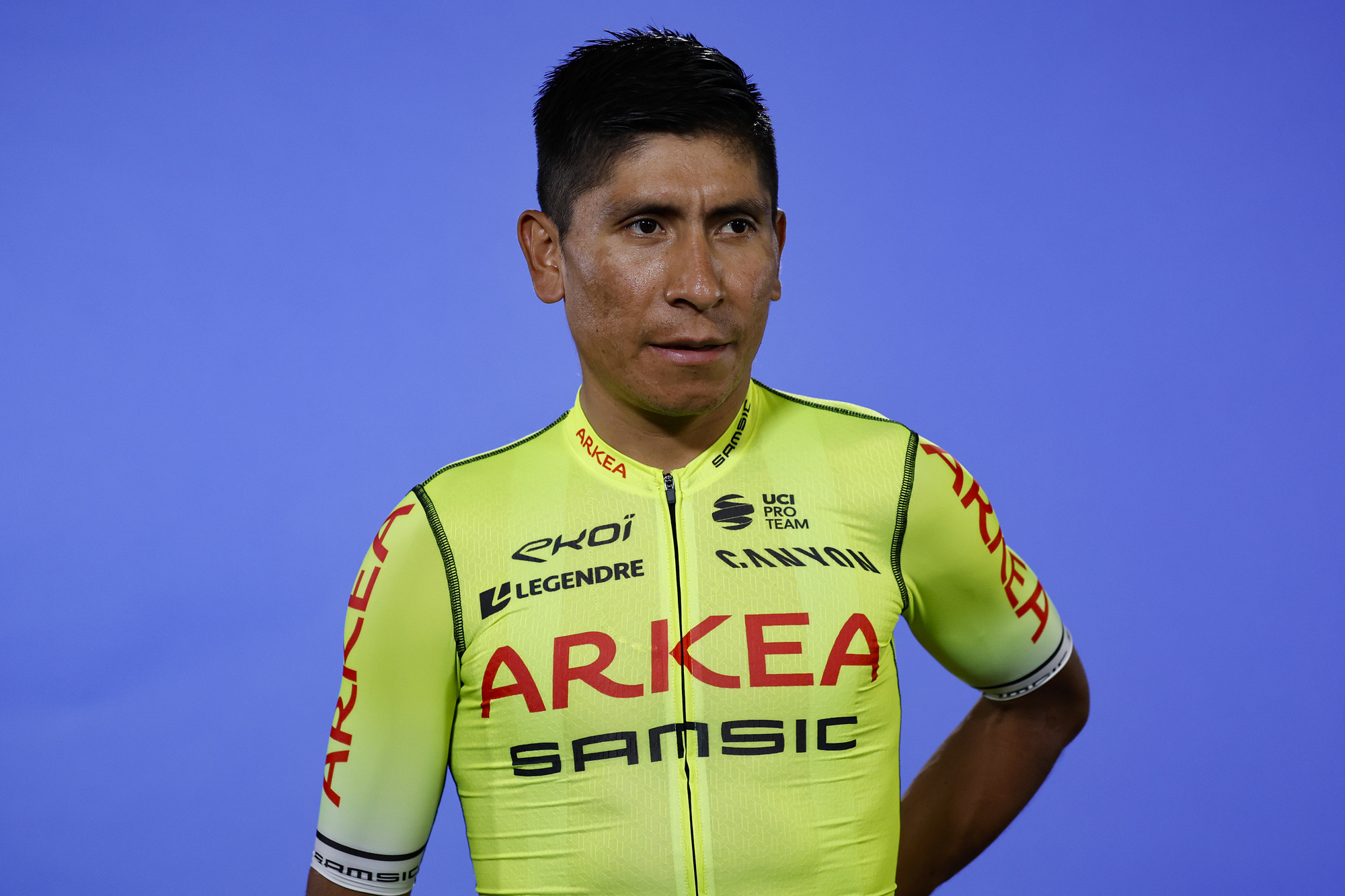Movement for a Credible Cycling praises teams for not signing Nairo Quintana
Organisation counts 29 doping cases in cycling in 2022, the highest in eight years

The Movement for a Credible Cycling (MPCC) has revealed that 29 doping cases emerged in cycling during 2022.
That is ten more than in 2021 and the second highest tally in the past eight years. However the MPCC pointed out that most cases were at Continental team level rather than WorldTour level.
Somewhat ironically, the MPCC suggested that just two cases at WorldTour and ProTeam level was the lowest level since 1998, when EPO use was considered rife and the Festina doping affair exploded at the Tour de France.
The MPCC describes itself as an “association aiming at defending clean cycling.”
“Transparency, responsibility and our members’ engagement are the pillars of our identity. MPCC is also a whistleblower on corticosteroids, tramadol, stilnox and mechanical doping.”
The MPCC gathered data from federations, anti-doping agencies, courts and the media for its annual report, only taking into account cases relating to professional athletes. It then collated the information, ordering it by sport and country, and published it under its annual credibility figures.
The 29 cycling cases came from 15 countries and six cycling disciplines. 23 out of 29 cases involved male riders.
Get The Leadout Newsletter
The latest race content, interviews, features, reviews and expert buying guides, direct to your inbox!
The MPCC created an infographic to highlight how athletics was the worst sport for doping and fraud. 120 cases of doping, fraud, match fixing and corruption that often concerned staff of the athletes, were recorded. Weightlifting had 68, cycling 29 and swimming 10.
“In 2022, the large majority of doping proceedings in top-level cycling concerned semi-professional men riders from continental road teams (12 cases). The Portuguese team W52-FC Porto was even disbanded after the police revealed possible organised doping,” the MPCC explained.
“None of the cases revealed among the continental teams concerned an MPCC member team. At the beginning of this year, our movement tallied 30 pro teams (men and women) and only 21 continental teams.”
The MPCC included Nairo Quintana’s positive tests for tramadol during the 2022 Tour de France in their statistics. Since March 2019, tramadol has been banned for in-competition use by the UCI, though testing positive for tramadol doesn't constitute a WADA anti-doping rule violation.
Tramadol is an opiate pain medication which made headlines in the mid-2010s, with the Movement for Credible Cycling (MPCC) having requested a ban on the drug as far back as 2013 following reports of widespread usage in the peloton.
Arkéa-Samsic is a member of the MPCC but was praised by the organisation for banning Quintana from competition and ending his contract.
“In compliance with our strict ethical rules, it should be added that no MPCC member team subsequently decided to hire the Colombian rider and that this attitude seems to have become indispensable for everyone.”
Quintana has still to find a team for 2023 and has repeatedly denied taking tramadol. He has tried to speak to the UCI and the MPCC and plans to travel to Europe from Colombia to try to find a team but neither has intentions to help his case.
Nine of the 19 men’s WorldTour teams are members of the MPCC: AG2R Citroën, Alpecin-Deceuninck, Arkéa-Samsic, Bora-Hansgrohe, Cofidis, EF Education-EasyPost, Groupama FDJ, Intermarché Circus Wanty and Team DSM.
The MPCC team called on the smaller Continental teams to join the association to help avoid doping cases.
“We strongly encourage these semi-professional teams to join the MPCC, in order to put their ethics and credibility at the heart of our sport’s concerns,” the MPCC said.

Stephen is one of the most experienced member of the Cyclingnews team, having reported on professional cycling since 1994. He has been Head of News at Cyclingnews since 2022, before which he held the position of European editor since 2012 and previously worked for Reuters, Shift Active Media, and CyclingWeekly, among other publications.